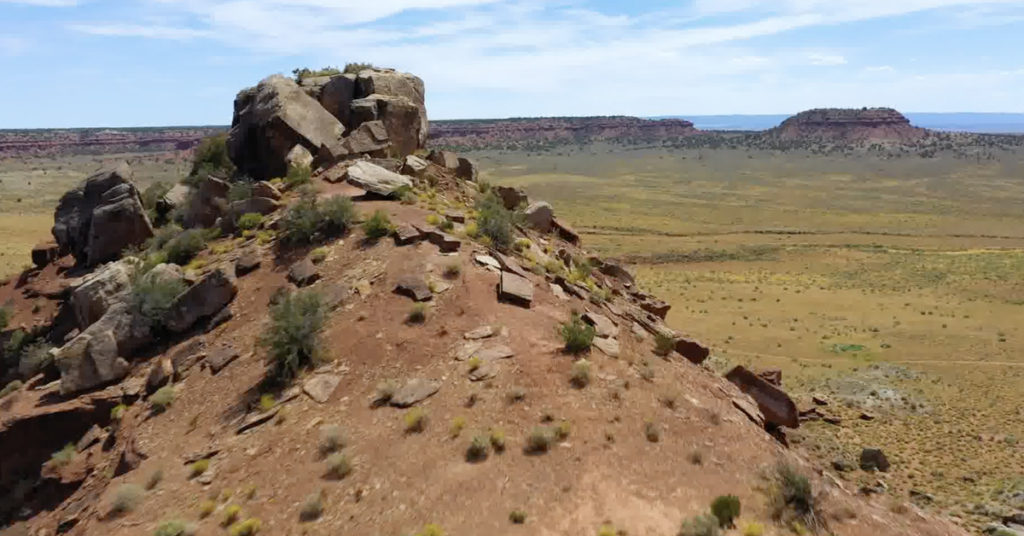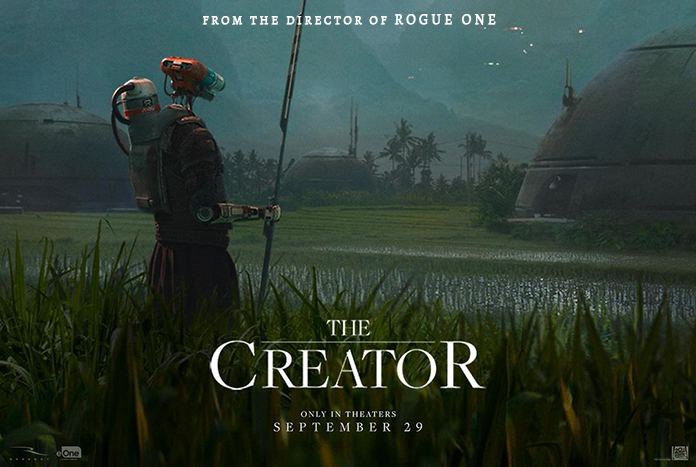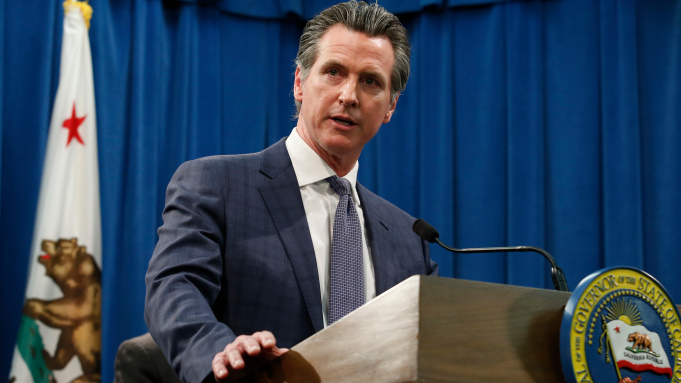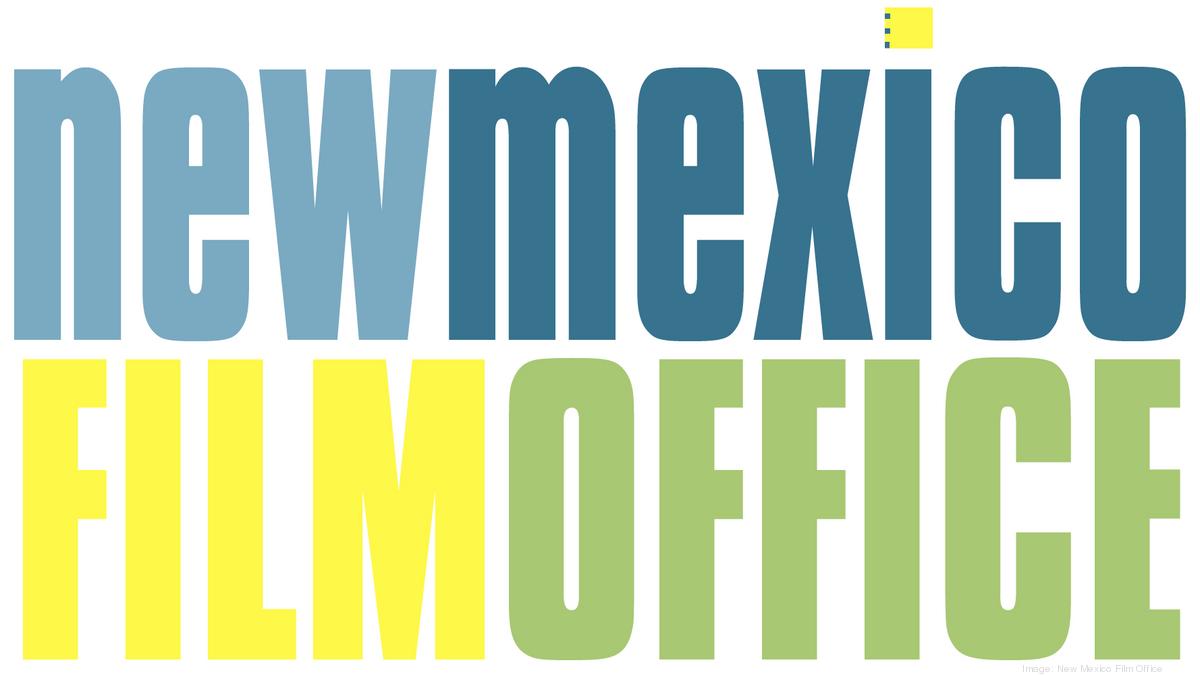Utah’s Rural Economy Gets Boost With Film Incentives Bill Passage
(stgeorgeutah.com)
ST. GEORGE — Boosting rural Utah’s economy and preventing the loss of film revenue to neighboring states was approved when the legislature recently passed the Utah Film Production Incentives Amendments bill.
The new legislation doubled the current tax breaks and incentives for film and television production companies.
S. B. 49 exempts rural film productions from limits on tax credit incentives available up to the $12,000 cap. The bill is sponsored by Sen. Ronald M. Winterton of Roosevelt and co-sponsored by Rep. Steve Handy of Layton.
Production crews must hire locally and within Utah to get the incentives. According to Jeff Johnson, president of the Motion Picture Association of Utah, when large companies come in, they only get tax incentives based on local hires.
Passage of the bill allows more long-term network television series and movies to stay in Utah. The increased cap increases Utah’s ability to attract and keep productions of television and film projects. He said that Utah recently lost shows such as Yellowstone and High School Musical.
According to Winterton, there were some compromises to reach the passage of the bill finally. After two years, the legislature will review the bill again. Also, the amount of production in a rural county was increased to 75%.
“We had it financed at $12 million, and that wasn’t good enough. Some members of the House wanted to make sure that we kept it at that. Then the last thing that they did was put in the two years‘ sunset revision on it, to revisit it,” Winterton said. “I think that they’re comfortable with it, and I’m comfortable with it and I hate to see it circled again.”
Passage of the bill means more long-term employment, and Johnson said that’s great for the economy. It also helps prevent the incentives from running out too early in the year. According to Johnson, tax incentives to produce films were at 25%, but the program would run out of money within a few months each year.
Kane County Film Commissioner Kelly Stowell agrees the bill will considerably impact the state.
“Utah has all the elements to become a premier film destination. The only question is whether or not the state will adopt policies that make Utah competitive or will we continue to send jobs and investments to other states.” Stowell said. “Production companies want to spend their money in Utah, and we should make it easy for them to do so. Utah has turned away hundreds of millions of dollars of film and television projects. Other states continue to utilize film incentives that lure content producers away from Utah. Utah must offer a competitive film incentive.”
This film incentive bill will cause producers to consider rural counties first before looking elsewhere. Cash will get infused quickly, and suppliers, hotels, and restaurants will see immediate benefits. Rural Utah can become a major player in film again, Stowell said.
Historically, in the 1950s and 1960s, Kanab was a mecca for Western moviemaking, including hits “Buffalo Bill” starring Joel McCrea; “Pony Express” starring Charlton Heston; and “Sergeants 3” starring “Rat Pack” members Frank Sinatra, Dean Martin and Sammy Davis Jr.
Television also favored the area during those decades, including “Death Valley Days,” “Have Gun-Will Travel,” “Daniel Boone,” “How the West Was Won” and, most notably, “Gunsmoke,” whose home base was the Johnson Canyon set.
The last well known Western movies shot in the area were “The Outlaw Josey Wales,” which starred Clint Eastwood, in 1976, and Walt Disney’s Western spoof, “The Apple Dumpling Gang Rides Again,” in 1978, starring comedians Don Knotts and Tim Conway.
By: Stephanie DeGraw
Continue Reading at stgeorgeutah.com













